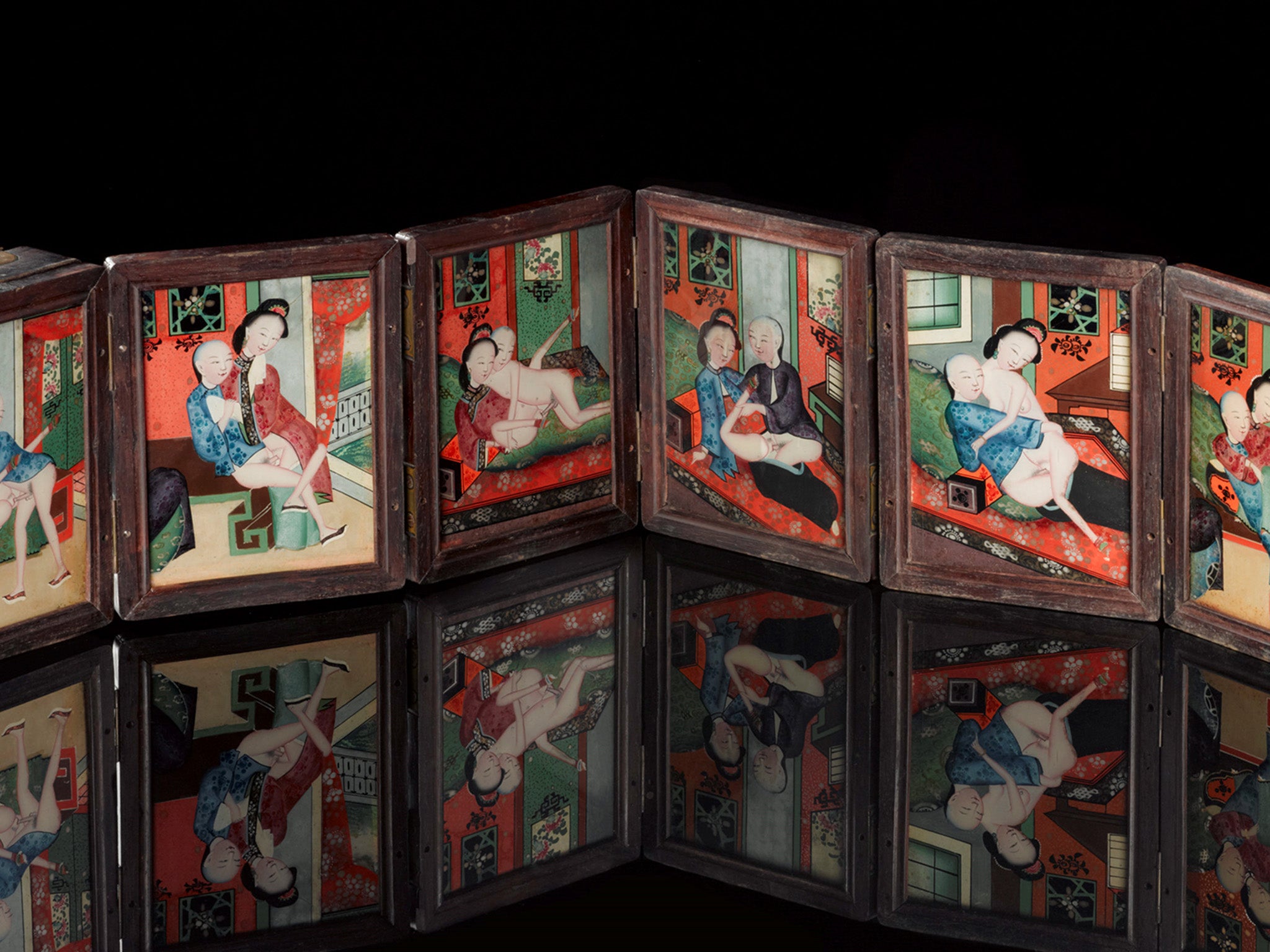Exposing an authoritarian state with explicit sex in fiction: Week in Books column

In 2007, the Chinese novelist Chen Xiwo wrote a story collection based on the deadly sins, with each of the seven dramatised explicitly and without concession to state censors. Perhaps unsurprisingly, The Book of Sins was banned by the Chinese government. One story was seen as particularly degenerate: “I Love My Mum”, in which a disabled teenager is arrested for murdering his mother and admits to having had sex before – and after – whipping her to death.
What happened next was unprecedented. Chen, who has written 10 books – all of which have been subject to censorship–sued the government for banning this book. The courts had never before had such a case and while it was eventually dismissed – the state argued that the book was not just pornographic but also betrayed a “national secret” – it was a triumph of sorts for Chen, if not for freedom of expression. It revealed the hypocrisies of the state, the courts, and the rule of publishing law in China, and it also got the book noticed by a UK imprint, 46, which has just this week published the full version of The Book of Sins in English translation, unlike the woefully expurgated text which the Chinese government put out.
I spoke to Chen at the headquarters of English PEN this week where I was handed a copy of The Book of Sins. On reading it, it became clear that these explicit stories were far from pornographic. Sex and violence are not dramatised for their own pleasure, or pain. The stories are transgressive, closely tied to authority and deeply political.
Explicit sex in storytelling has often been mistaken for pornography – and not just in China. We have only to think of the Marquis de Sade’s imprisonment, or the Penguin trial of DH Lawrence’s Lady Chatterley’s Lover. In the forward of my tattered copy of Lady Chatterley, Doris Lessing reminds us that writing about sex is never just about the act but about “all the power-play between the genders”.
Chen goes beyond gender politics, although they are certainly there, above all in the surreal, unsettling story “Pain”, about a girl who begins menstruating and marks the watershed moment by feeling an intense physical pain from the burden of her maturing femininity. “For women it is pain and more pain. Pain is a woman’s fate.” But Chen’s sex is also a metaphor for political corruption and social dysfunction. Before the fiction, he spent 10 years on a PhD on de Sade and worked as a papa-san in a brothel. Both experiences must have added to his insights on the politics of sex. His influences are Kafta, de Sade, and the Japanese novelist Jun’ichirō Tanizaki, whose work also focused on sexuality.
His book’s translator, Nicky Harman, calls him a highly moral writer – ironic for someone dealing in S&M, violent sex, dismembering and more. Take the condemned story, “I Love My Mum”, which begins with a police officer reflecting on the sex trade –its beneficial impact on the economy and in keeping men docile and compliant. Yet he is able to sit in judgement of the teenager whose options are so limited by poverty and illness that there is no legitimate outlet for his sexual desire. The boy and his mother emerge as the tragic victims, while the police officer is incriminated by the double standards of his “respectable” society.
The fact that the authorities accused Chen of betraying a “national secret” is meaningful, even if it sounds like gobbledegook. It hints at the state’s expectation of ideological collusion and self-censorship – the presumption that authors won’t stray off-message if they know what’s good for them. Chen says self-censorship is prevalent among many Chinese writers, but is intolerable to him: “I prefer to be this kind of evil spirit, rather than an angel who sings all day long in praise of some ‘golden age of China’.”
David Mitchell’s prescience: is time travel next?
David Mitchell’sThe Bone Clocks has an Ebola epidemic that has, since writing, at least partially come to be. The Booker longlisted book also includes an imploding nuclear plant at Hinkley Point – where this very week EU regulators approved a new installation. So what else might the book presage? Soul-stealing gothic transdimensional killers? - Simon Hardeman
Acting lessons from Shakespeare and his brother
Fresh after giving us the last word on Vivienne Westwood, biographer Ian Kelly is turning his hand to William Shakespeare’s life as an actor, and how this lesser-known aspect of his career sheds light on his writing. His younger brother Ned, also an actor, will feature too, he tells me. The book will be published in 2016, on the 400th anniversary of his death. AA
Join our commenting forum
Join thought-provoking conversations, follow other Independent readers and see their replies
Comments
Bookmark popover
Removed from bookmarks